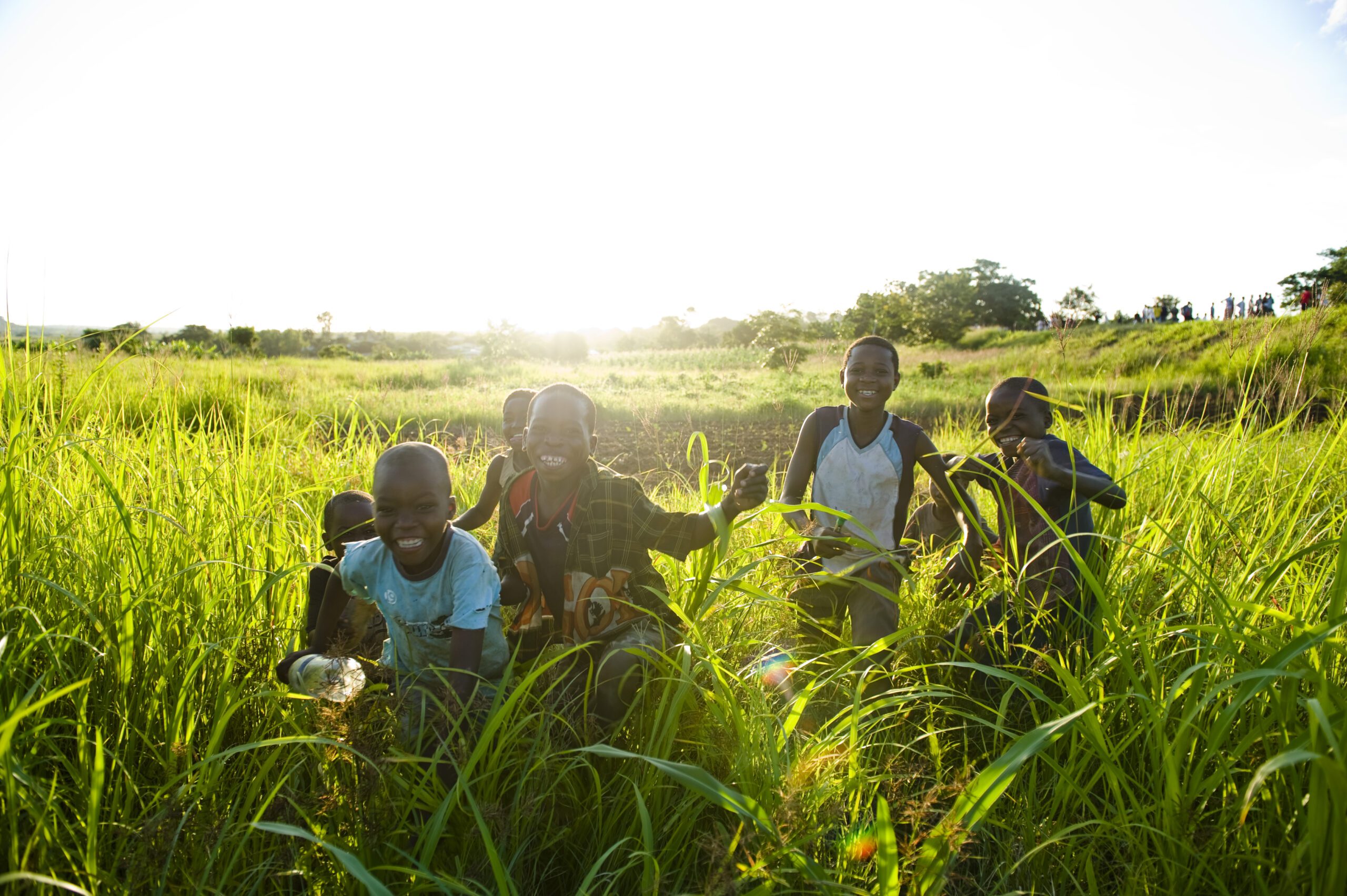Kenya 
Supporting Youth Through Community-Driven Systems Change
Why We Invested in Firelight Foundation

Kenya 
Why We Invested in Firelight Foundation

Community-based organizations (CBOs) play a critical role in creating and advancing solutions to the most pressing issues that disproportionately affect local communities. Led by and for people in local communities themselves, their work ranges from advocacy to policy influence, project delivery, infrastructure development and more. CBOs support local communities in meaningful and authentic ways that are rooted in their lived experiences, and with commitment to the agency of people in their own systems.
Despite the invaluable role that they play in their communities, these organizations tend to be under-valued, under-resourced and often struggle to survive. A broader look at the sector shows that the failure to support CBOs is part of a chronic and systemic funding disparity — one that is a reflection of the distrust on the part of many funders.
This distrust is expressed through practices such as equating “local” with “risky”, deprioritizing core funding, setting the proposal without input from communities, relying on a rigid and predetermined set of outcomes to measure success, and viewing “small” as the antithesis of scale or impact. These practices disproportionately impact CBOs led by proximate leaders and for whom gaining legitimacy from funders is the most difficult challenge.
CBO leaders often feel frustrated by these hurdles and the majority that work with International Non-Governmental Organizations have expressed that they do not find the relationship mutually beneficial. One legacy CBO shared: “When we are treated as just implementers, our power is not harnessed. When donors assume they know best, they are only hindering change.”
“CBOs support local communities in meaningful and authentic ways that are rooted in their lived experiences, and with commitment to the agency of people in their own systems.”
Earlier this year, we partnered with Firelight Foundation (Firelight) to reimagine what partnerships with CBOs and funders could look like. Firelight is a multi-donor public charity fund that supports CBOs working to improve systems for children, families and young people in Eastern and Southern Africa. Since its inception, it has supported more than 500 CBOs across 12 African countries, impacting millions of children and young people.
Firelight’s unique model lies at the intersection of its tools and practices that ensure joint ownership and a shared vision. The team works with communities to identify challenges and co-design solutions. Their cluster approach groups CBOs with similar focus and brings them together on a regular basis to learn from one another, bond and connect. Firelight also provides bespoke and collective capacity-strengthening programs defined by the CBOs and communities themselves.
The evidence of Firelight’s impact is best demonstrated in their recent work in Malawi where Firelight supported a cluster of CBOs to improve adolescent girls’ access to secondary school and their transition through higher education. Together they concluded that fixing one point on the schooling continuum — such as encouraging girls to go to class — wouldn’t have much impact unless all parts of the continuum were addressed. FIrelight supported CBOs and communities by coordinating their collective actions, and navigating and addressing the complex web of factors that impact learning for girls.
Firelight did not try to create a new CBO nor convince communities to pursue an idiosyncratic program. Instead, through a carefully structured process, they focused on what was most relevant to each CBO and their community, targeting different challenges along the continuum. For instance, this meant adding classrooms and dormitories for some communities, while for others the focus was on income-generating activities for families who struggled to pay tuition.
Thanks to Firelight’s partnership with CBOs, communities shifted their attitudes toward the value of school for girls, began to hold the government accountable for the quality of their schools, and most importantly gave girls access to safe spaces for learning and confidence in their futures. Astoundingly, readmission rates went up almost 20-fold and pregnancy-related drop-outs decreased from 17 to five in one year.
Our partnership with Firelight is anchored on the shared belief that young people are the most powerful resource to create change. Youth are critical voices in chartering new solutions and territories for themselves and their communities.
Our work involves a cluster of seven youth-led CBOs focused on promoting youth leadership, role modeling and mentorship in the eastern and southern parts of Kenya. Firelight kicked off the work with an in-person workshop that created space for CBOs to reflect on and share the underlying patterns and challenges unique to their communities, and also create a final action plan for implementation. To catalyze support at both the community and national levels, community members, local leaders and government officials also participated in this workshop.
“Firelight doesn’t come with ideas; they let us define our answers,” shared a young leader at one of the workshop sessions. “This encourages us to transfer the practice into our community work. We are relearning how to engage with our communities as experts of their issues,” he shared.
“Firelight doesn’t come with ideas; they let us define our answers. This encourages us to transfer the practice into our community work. We are relearning how to engage with our communities as experts of their issues.”
Local Youth Leader
In truth, collaboration is nothing new. The education ecosystem is filled with examples of joint efforts, alliances and other types of networks. But Firelight’s approach is distinctly different—its community-driven approach emphasizes the insight, leadership and ownership of the people living and experiencing issues at the community level. It is an approach anchored in the belief that people should have the power and right to create sustainable change – and that systemic change for young people’s rights and development needs to value and involve all those impacted within the ecosystem. It is an approach rooted in the joint stances of justice and solidarity.
This work is far from easy. It is characterized by resiliency, deep listening, deconstructing the status quo and systemic thinking. It requires an equity-focused team and a thoughtful and authentic commitment to live our JEDI values and nurture relationships of trust with communities. In the coming months, as we uncover insights and lessons from the youth-led CBOs, we invite you to join us on our learning journey as we reimagine, shift power and most importantly, lead with trust.